How to Survive Your Childhood Now that You’re an Adult

We were approached by Kim C from New World Library, who wanted to share some of their favorite authors with us. One of them is Ira Israel, the author of How to Survive Your Childhood Now that You’re an Adult. A licensed marriage and family therapist and professional clinical counselor. In his book, he examines “authenticity.” Here’s a QnA interview with Mr. Israel.
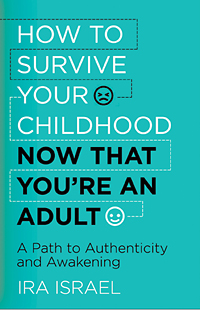
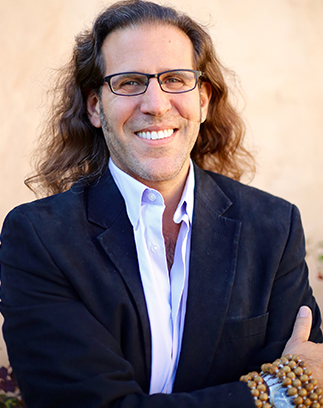
How to Survive Your Childhood Now that You’re an Adult
Every adult wants to live a version of what he or she imagines is “the good life.” Yet, many struggle with a default voice in their heads that tells them that whatever they do will never be good enough and that they will only be happy when they get a new job, relationship, physical appearance, etc.
In How to Survive Your Childhood Now That You’re an Adult: A Path to Authenticity and Awakening, author and psychotherapist Ira Israel explains that the origin of this voice of dissatisfaction is the wounded child within who is subconsciously and retroactively seeking the acceptance, approval, and love of primary caregivers who either withheld love, loved us conditionally, or treated us in ways we did not understand.
We hope you’ll enjoy this Q and A with Ira about the book.
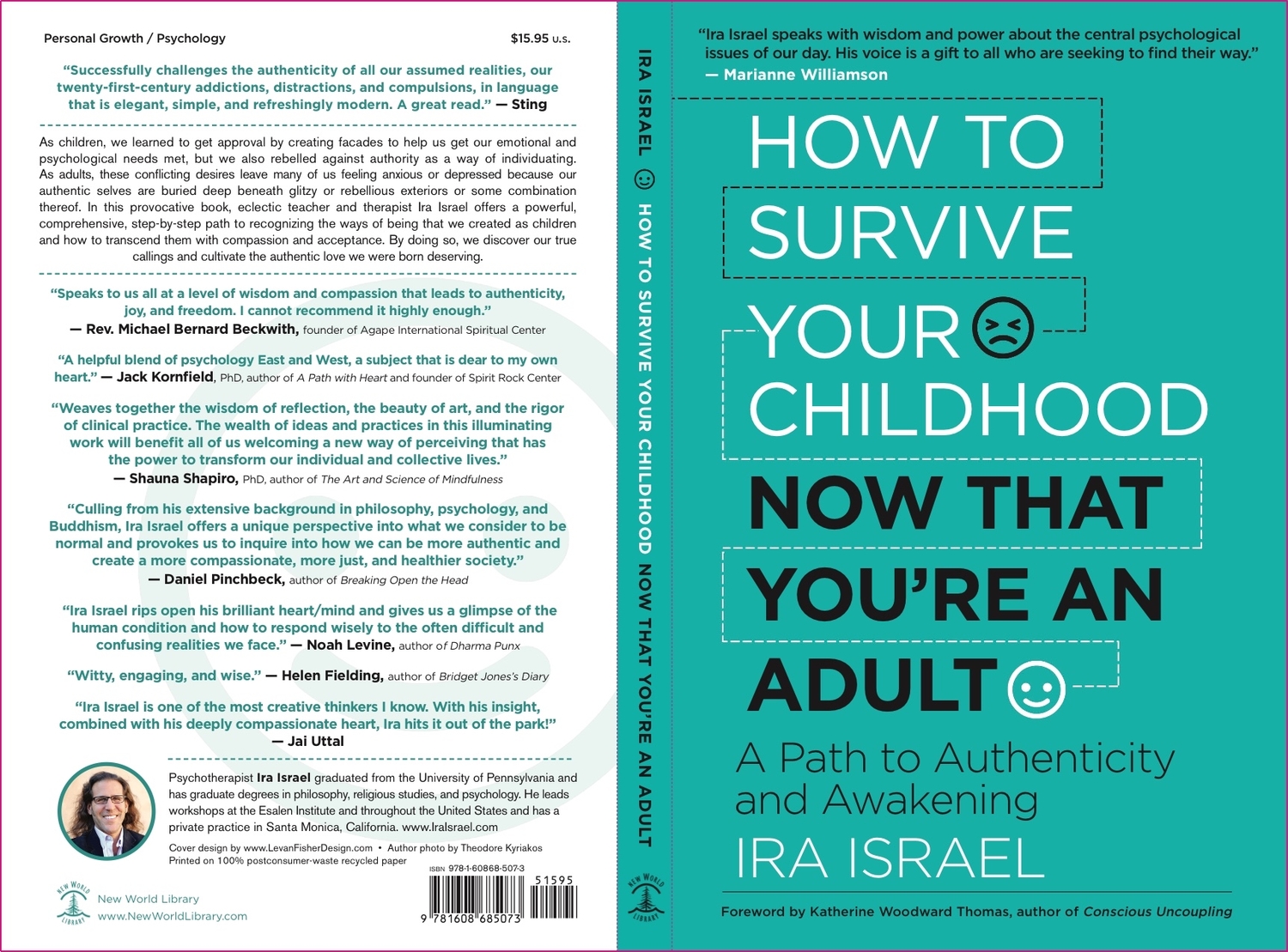
Tell us about the title of your book How to Survive Your Childhood Now That You’re an Adult.
I wanted to write a book about authenticity that everyone could understand and relate to. Most people aren’t presented with the opportunity to study philosophy and psychology until they are confronted by a crisis of some sort that provokes them to ask deep questions. So they aren’t aware of the wide array of options they have questions like, “Why do my relationships end badly?” “Why am I depressed?” “How do I lead a meaningful life?” “What are my priorities and why?” naturally arise. So I wanted to aggregate a wide array of information that lets people understand why they think the way they think and how to remedy or reframe their thoughts if they choose to. We are all trapped within social paradigms, conventions, mores, languages, and sundry relationship dynamics so I thought it would be great to start a book with “What does it mean to be authentic?” However, “authenticity” sounds like work, so I knew that I had to come up with a funny title to let readers know that their problems are universal to the human experience and that tour guides are available if they would rather not journey alone down the winding and often dark paths to personal awakening.
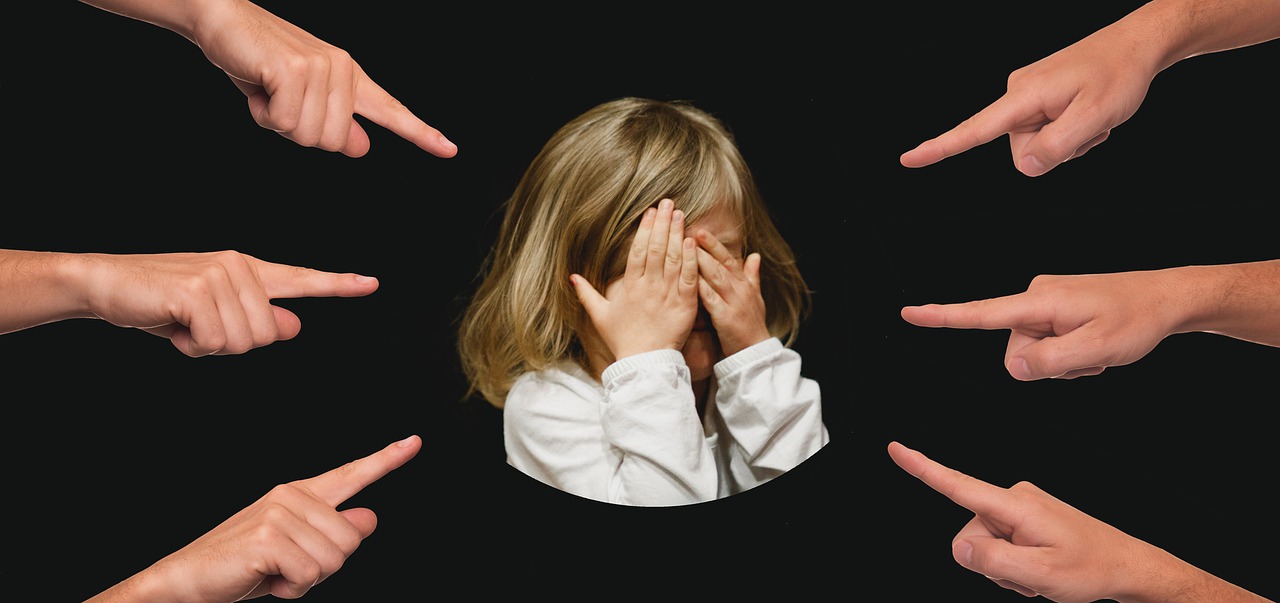
You say that the critical and judgmental voices that so many people have in their head originates from the wounded child within. How so?
No baby was ever born with a mental soundtrack that says, “I’m not good enough” or “I’ll be happy when I’m married/divorced/rich/retired/thin/on vacation/having sex/etc. All of our critical voices are learned. “Negative self-talk” and its inverse, narcissism, which is really just a mask, are inauthentic. The mind’s primary function is to try to stave off future trauma; to accomplish that, it has a negativity bias. This book focuses on how to have a more balanced understanding of ourselves and the world.
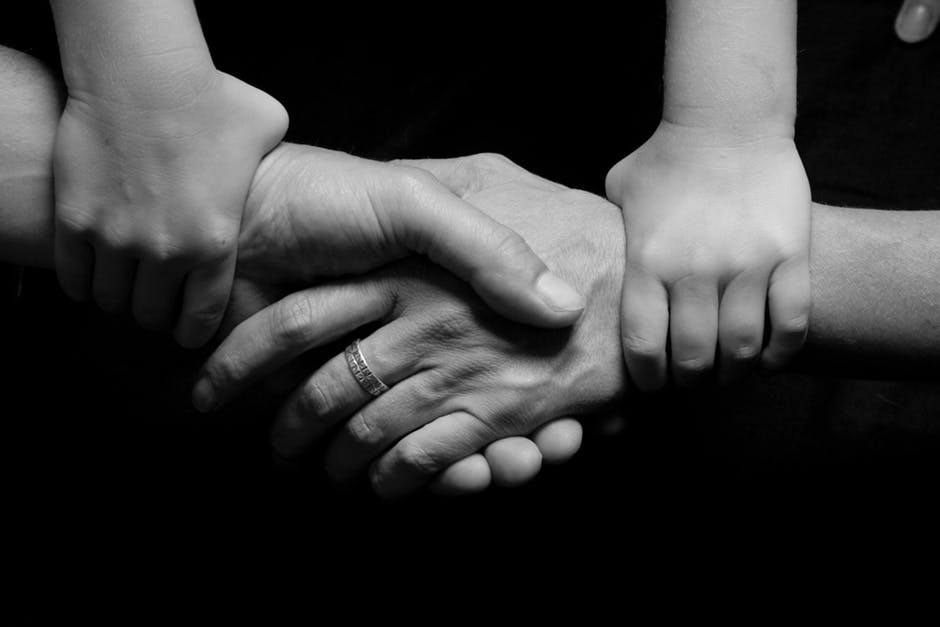 Tell us more about how the child within can influence our way of being in the world as adults?
Tell us more about how the child within can influence our way of being in the world as adults?
As sentient beings, our primary desire is to be loved unconditionally and we grew up in a society that taught us how to gain love conditionally, so there is a wounded child in all of us that wants to be loved just for being alive, not for our accomplishments or talents or looks or assets. Since being loved unconditionally rarely occurs, many people have resentments around events they wish had not occurred or that would have occurred differently. The problem is that resentments don’t solve problems, they exacerbate them.
One of your chapters is called “How to Avoid Being a Professional Child.” What do you mean by that?
Adults have the ability to consciously decide who they want to be and be that person. This is what I call “congruence.” On the other hand, professional children to blame others and avoid taking responsibility for what their lives are like.
 Tell us about resentment and the role it plays in destructive behavior in our lives.
Tell us about resentment and the role it plays in destructive behavior in our lives.
As the saying goes, “Resentment is like poking yourself in the eye and waiting for someone else to go blind.” Our mind was built to create resentments in order to protect us; however, resentments perpetuate our own suffering and hinder us from authentically connecting with others. A conundrum.
 What needs to happen for us to release the resentments of our minds?
What needs to happen for us to release the resentments of our minds?
Forgive unequivocally. Period.
 You say that many of us would not know who we were if we gave up our resentments. Tell us more about that please.
You say that many of us would not know who we were if we gave up our resentments. Tell us more about that please.
Some people construct their personal identities around their resentments. That means that they wouldn’t know who they are, and other people wouldn’t recognize them, if they gave up their complaining.
 What do you most hope readers will take away from your book How to Survive Your Childhood Now that You’re an Adult?
What do you most hope readers will take away from your book How to Survive Your Childhood Now that You’re an Adult?
That we must be the change we want to see in the world. Change starts with us. I hope this book inspires people to leave behind their fear-based hoarding mentalities and share freely with others. Capitalism as a zero-sum game worked fine when we had limited resources, but we are wrecking the planet and creating a society of depressed and anxious people by continuing this myth. There’s no freedom when you only look at things from a win-lose scenario. I want people to facilitate each other’s greatness and gain joy from other people’s thriving and happiness.
About the Author
Ira Israel is the author of How to Survive Your Childhood Now that You’re an Adult. A licensed marriage and family therapist and professional clinical counselor, Ira graduated from the University of Pennsylvania and holds advanced degrees in psychology, philosophy, and religious studies. His DVD series, including A Beginners Guide to Happiness and Mindfulness for Depression, along with his sold-out Esalen workshops, have given him a wide international following. He lives in Santa Monica, California, and you can visit him online at http://www.iraisrael.com.




I really truly believe in this book.It has the potential to change the mindset in its readers and also those that are close to them.Many people are completely unaware that their inner child has a large impact on who they are and how they see the world around them.Often times if you kill the insecurities in the child you can give the adult a better fighting chance at happiness. Kill the depression in the child you can build up a healthier adult.We can slowly take the world back and create a better generation of people by small teachings that have a greater impact.